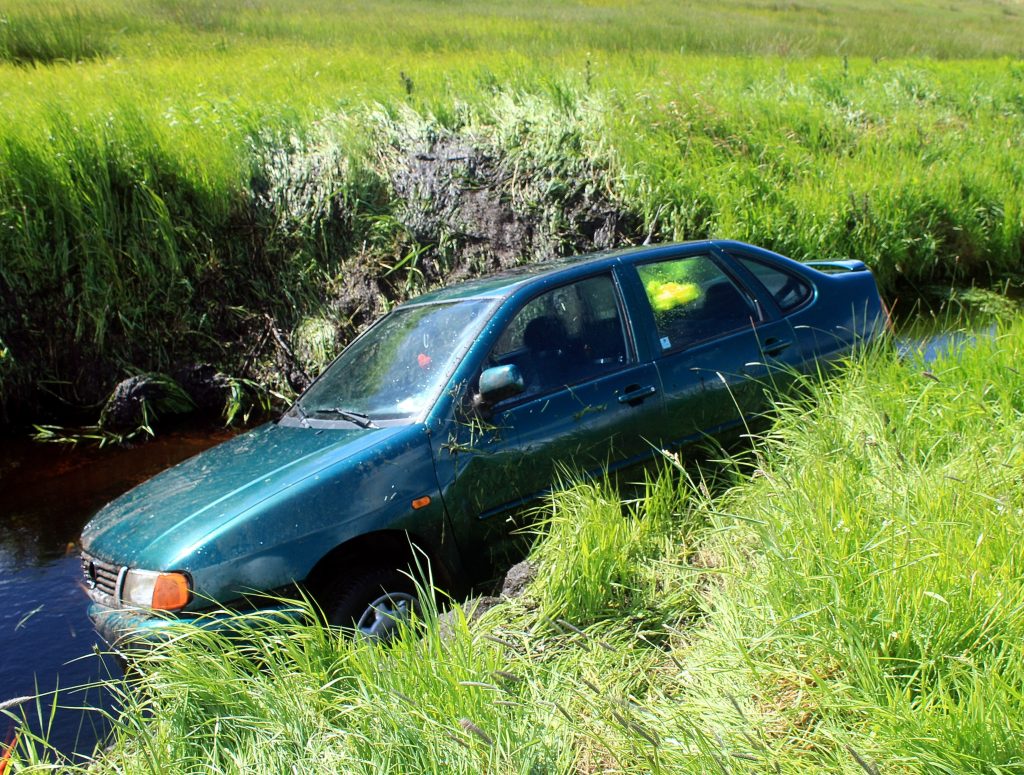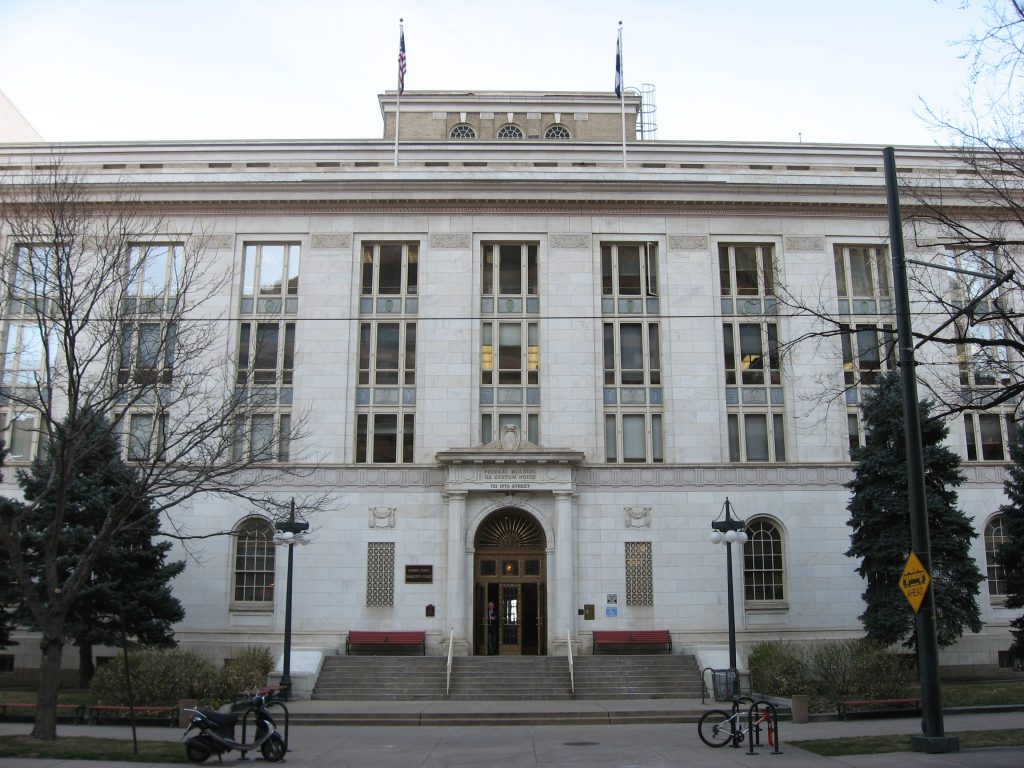 Knowing and adhering to the Rules of Civil Procedure in bringing a lawsuit cannot be understated in its importance. Before a lawsuit makes it to court, various steps and procedures must be followed for the case to proceed. Chief among these pre-trial requirements is establishing that the court has the power to decide the present case, otherwise known as the court’s jurisdiction over the case. If a court lacks judicial control over a party to the case or the subject matter involved, the case should not proceed, and the court cannot hand down a valid, binding judgment.
Knowing and adhering to the Rules of Civil Procedure in bringing a lawsuit cannot be understated in its importance. Before a lawsuit makes it to court, various steps and procedures must be followed for the case to proceed. Chief among these pre-trial requirements is establishing that the court has the power to decide the present case, otherwise known as the court’s jurisdiction over the case. If a court lacks judicial control over a party to the case or the subject matter involved, the case should not proceed, and the court cannot hand down a valid, binding judgment.
In a lawsuit alleging sexual harassment, assault, mental and physical abuse, perjury, and character defamation, Tyniski Evans represented herself against Dillard University (Dillard). Dillard responded to Evans’s complaint by moving for dismissal for lack of federal subject matter jurisdiction and failure to state a claim upon which the court may grant relief. See Fed.Civ. P. 12(b)(1), (6). The district court granted Dillard’s motion to dismiss for lack of subject matter jurisdiction and dismissed without prejudice, permitting Evans to bring the case again.
Evans appealed this dismissal, arguing the court had federal subject matter jurisdiction due to Evans receiving financial aid from the Department of Education. The appellate court affirmed the dismissal by the district court, finding that Evans’s complaint did not sufficiently show that the federal court had the power to adjudicate her lawsuit.
 Louisiana Personal Injury Lawyer Blog
Louisiana Personal Injury Lawyer Blog


 The evolving nature of employment now means the relationship between employer and employee can be indirect and through different contracting methods. In addition, many people employed by one company are, in fact, on the job doing work for another. A recent case in Louisiana highlights these distinctions and the risks posed to workers and their families when seeking compensation.
The evolving nature of employment now means the relationship between employer and employee can be indirect and through different contracting methods. In addition, many people employed by one company are, in fact, on the job doing work for another. A recent case in Louisiana highlights these distinctions and the risks posed to workers and their families when seeking compensation. Some mistakes can cost you your job. Rules and regulations are drafted and enacted in the medical field to ensure a safe work environment. Before breaking a rule to get your job done, consider the danger in which you could place yourself or your interests. The following lawsuit from Slidell shows how unemployment benefits can be taken away due to employee misconduct.
Some mistakes can cost you your job. Rules and regulations are drafted and enacted in the medical field to ensure a safe work environment. Before breaking a rule to get your job done, consider the danger in which you could place yourself or your interests. The following lawsuit from Slidell shows how unemployment benefits can be taken away due to employee misconduct.  Have you ever been involved in a car accident? It’s a scary experience that can have serious consequences. If you’ve been injured in an accident, you may be entitled to compensation for your injuries and damages. But what happens when multiple parties are involved? That’s the question at the heart of a case out of Louisiana, where a car accident resulted in a lawsuit between multiple parties. The case raises important questions about the legal responsibility of parties in a car accident and the process for resolving disputes in court.
Have you ever been involved in a car accident? It’s a scary experience that can have serious consequences. If you’ve been injured in an accident, you may be entitled to compensation for your injuries and damages. But what happens when multiple parties are involved? That’s the question at the heart of a case out of Louisiana, where a car accident resulted in a lawsuit between multiple parties. The case raises important questions about the legal responsibility of parties in a car accident and the process for resolving disputes in court. Driving while on the job can be a common occurrence for many employees. Sometimes you may even use your personal vehicle on a workplace errand. If so, beware; Accidents happen, and your employer’s insurance may not cover you.
Driving while on the job can be a common occurrence for many employees. Sometimes you may even use your personal vehicle on a workplace errand. If so, beware; Accidents happen, and your employer’s insurance may not cover you.  Activities on the water carry inherent risks. If you are injured while on the water, laws of admiralty and maritime jurisdiction generally rule. There are also allowances to invoke admiralty jurisdiction for injuries on land. To do so, one must satisfy conditions of both location and connection with maritime activity. But what happens if you are injured on a boat on land? Can you file a lawsuit with maritime claims? The following lawsuit out of Manchac, Louisiana, helps answer this question in the context of a prescription argument.
Activities on the water carry inherent risks. If you are injured while on the water, laws of admiralty and maritime jurisdiction generally rule. There are also allowances to invoke admiralty jurisdiction for injuries on land. To do so, one must satisfy conditions of both location and connection with maritime activity. But what happens if you are injured on a boat on land? Can you file a lawsuit with maritime claims? The following lawsuit out of Manchac, Louisiana, helps answer this question in the context of a prescription argument.  Discrimination in the workplace should never be accepted. If you feel that you have been discriminated against for age or disability reasons, the law allows you to seek damages. A lawsuit of that nature is not unlike others; proof and evidence are required to proceed with your claims. The following case out of New Orleans shows why sufficient evidence is required to proceed with a discrimination or hostile workplace claim.
Discrimination in the workplace should never be accepted. If you feel that you have been discriminated against for age or disability reasons, the law allows you to seek damages. A lawsuit of that nature is not unlike others; proof and evidence are required to proceed with your claims. The following case out of New Orleans shows why sufficient evidence is required to proceed with a discrimination or hostile workplace claim.  Filing for bankruptcy can be an overwhelming experience.
Filing for bankruptcy can be an overwhelming experience. Injuring yourself while on the job is not fun for anyone, especially when your accident further exacerbates a previous workplace injury. What happens if you then try to seek retroactive benefits from your previous injury? You may run into an issue of prescription (otherwise known as the statute of limitations). A 2016 case from Terrebonne Parish explores how prescription can play out in a compound workplace injury.
Injuring yourself while on the job is not fun for anyone, especially when your accident further exacerbates a previous workplace injury. What happens if you then try to seek retroactive benefits from your previous injury? You may run into an issue of prescription (otherwise known as the statute of limitations). A 2016 case from Terrebonne Parish explores how prescription can play out in a compound workplace injury. Personal injury cases can be costly for all parties involved. Paying those costs can get confusing, especially when there is indemnification. Indemnification arises when a party is contractually obligated to foot the bill for attorney fees and defense costs. The question then arises, can you seek indemnification if fault was never established? This type of contractual clause and legal questions are the core issue in a recent appeal discussed below.
Personal injury cases can be costly for all parties involved. Paying those costs can get confusing, especially when there is indemnification. Indemnification arises when a party is contractually obligated to foot the bill for attorney fees and defense costs. The question then arises, can you seek indemnification if fault was never established? This type of contractual clause and legal questions are the core issue in a recent appeal discussed below.